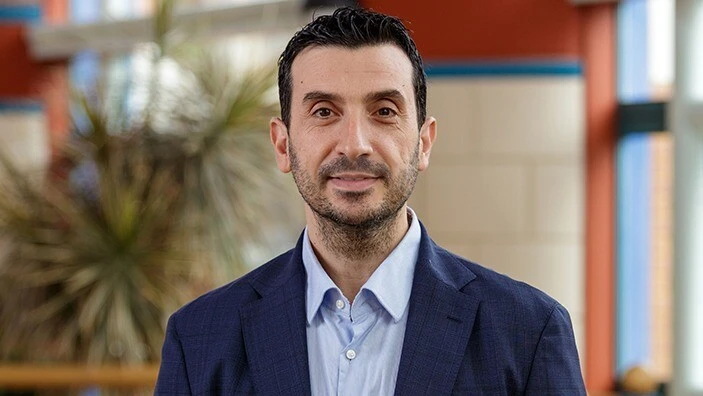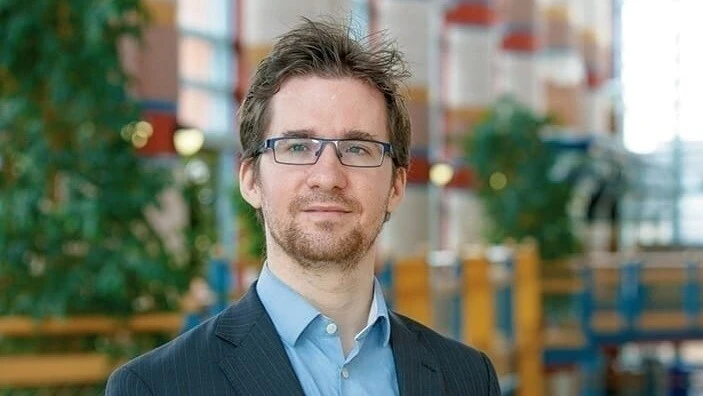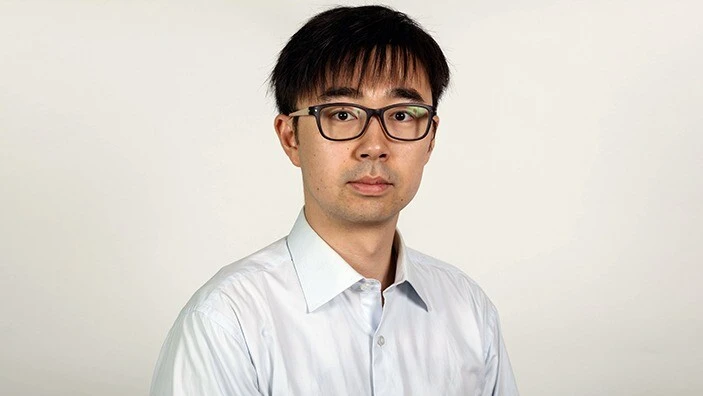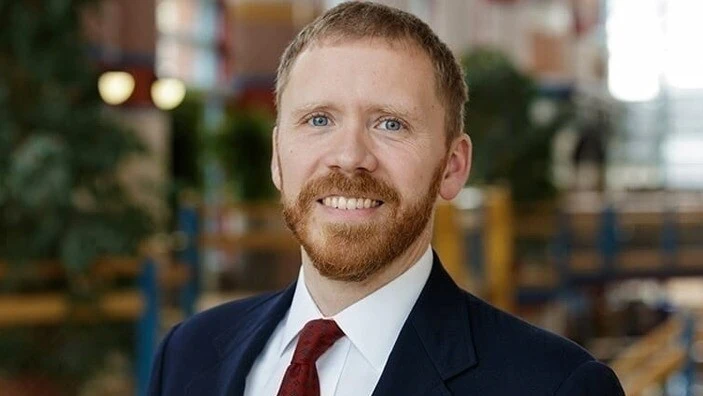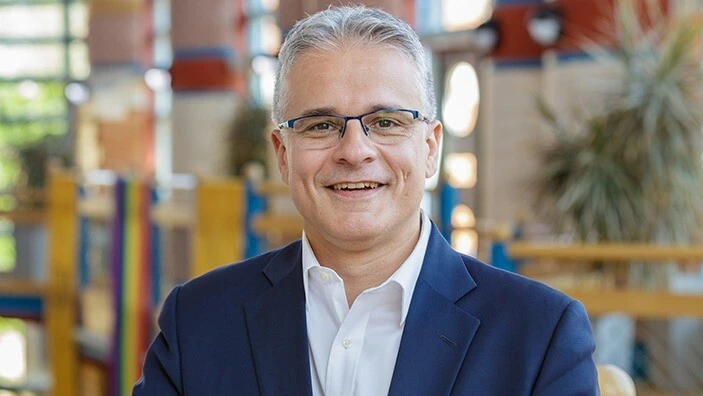Managing Organisations
Managing Organisations is a suite of advanced educational programmes for managers committed to addressing the complex and pressing issues of modern organisational management.
Overview
Navigate complex problems. Steer your way through difficult projects. Negotiate harder, lead more effectively, implement a more diverse HR strategy, and use data to make better decisions.
Managing Organisations at Cambridge Judge Business School is an advanced suite of Executive Education programmes designed specifically to help you address these and other complex challenges confronting your organisation today.
Manage the negotiation process with real confidence. Draw on case studies, role play and real-world experiences, and gain the strategies and tactics to succeed in any negotiating environment.
Format:
Dates:
Duration:
Fees:
Face-to-face
2-3 Mar 2026
2 days
£4,000 + VAT
Face-to-face
30 Apr-1 May 2026
2 days
£4,000 + VAT
Face-to-face
9-10 Jul 2026
2 days
£4,000 + VAT
Face-to-face
10-11 Sep 2026
2 days
£4,000 + VAT
Format:
Face-to-face
Dates:
2-3 Mar 2026
Duration:
2 days
Fees:
£4,000 + VAT
Format:
Face-to-face
Dates:
30 Apr-1 May 2026
Duration:
2 days
Fees:
£4,000 + VAT
Format:
Face-to-face
Dates:
9-10 Jul 2026
Duration:
2 days
Fees:
£4,000 + VAT
Format:
Face-to-face
Dates:
10-11 Sep 2026
Duration:
2 days
Fees:
£4,000 + VAT
Learn to think strategically, lead through uncertainty and improve the quality of your decision-making at every level.
Format:
Dates:
Duration:
Fees:
Face-to-face
13-15 Apr 2026
3 days
£5,000 + VAT
Face-to-face
1-3 Jul 2026
3 days
£5,000 + VAT
Format:
Face-to-face
Dates:
13-15 Apr 2026
Duration:
3 days
Fees:
£5,000 + VAT
Format:
Face-to-face
Dates:
1-3 Jul 2026
Duration:
3 days
Fees:
£5,000 + VAT
Learn to embed projects within an organisational context, mastering complexity and uncertainty, managing stakeholders and leading and motivating your teams.
Upcoming programme dates to be confirmed.
Designed to equip leaders and senior managers with a practical understanding of change management.
Format:
Dates:
Duration:
Fees:
Online
12 Mar-30 Apr 2026
6 weeks
£2,000
Format:
Online
Dates:
12 Mar-30 Apr 2026
Duration:
6 weeks
Fees:
£2,000
Application via the Emeritus website
Align your HR decision-making with corporate objectives by leveraging the data that already exists within your organisation.
Format:
Dates:
Duration:
Fees:
Online
9 Apr-11 Jun 2026
8 weeks (4-6 hours per week)
£2,100
Format:
Online
Dates:
9 Apr-11 Jun 2026
Duration:
8 weeks (4-6 hours per week)
Fees:
£2,100
Application via the Emeritus website
Gain the confidence and expertise to take on novel and multifaceted projects in your organisation factoring in key issues such as strategy negotiation and incentive structures – all within a wider strategic context.
Format:
Dates:
Duration:
Fees:
Online
9 Apr-11 Jun 2026
8 weeks (4-6 hours per week)
£2,000
Format:
Online
Dates:
9 Apr-11 Jun 2026
Duration:
8 weeks (4-6 hours per week)
Fees:
£2,000
Application via the Emeritus website
Drive your organisation’s future by harnessing the power of data, gaining the tools to build expertise in analysis, trend-spotting and bias-avoidance.
Format:
Dates:
Duration:
Fees:
Online
2 Apr-4 Jun 2026
8 weeks (4-6 hours per week)
£2,200
Format:
Online
Dates:
2 Apr-4 Jun 2026
Duration:
8 weeks (4-6 hours per week)
Fees:
£2,200
Application via the Emeritus website
Giving leaders who are responsible for change the practical tools to strengthen communication and stakeholder engagement, so they can drive complex change with skills they can use straightaway.
Format:
Dates:
Duration:
Fees:
Face-to-face
16-17 Apr 2026
2 days
£3,800 + VAT
Format:
Face-to-face
Dates:
16-17 Apr 2026
Duration:
2 days
Fees:
£3,800 + VAT
Delivery formats
High quality programmes, flexible formats. Our 3 delivery styles allow you to choose whichever format best suits your needs.

Face-to-face
Immerse yourself in an inspirational learning environment in the historic and beautiful city of Cambridge. In an intense classroom-based experience, you will engage with faculty and peers in person. Join ‘Cambridge Union’-style debates, hear from guest speakers and faculty, and enjoy group exercises, role-play and informal conversations both in and outside class.
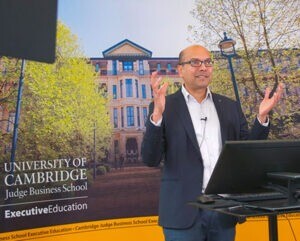
Live Online
Experience the best of Cambridge face-to-face learning right inside your home or office. Using current technologies, our seamless Live Online delivery offers you richly immersive interaction with faculty and peers. You’ll experience virtual debates, hear from guest speakers and faculty, and engage in breakout groups, simulations and role-play.

Online
Study whenever and wherever you want. Our highly flexible fully online programmes run over multiple weeks. Enjoying carefully structured learning, you’ll benefit from curated videos, live Faculty webinars, Q&A chat sessions and a dedicated Programme Support Team.
Our programmes on Managing Organisations help leaders navigate some of the many complex challenges of modern organisations. These proven programmes offer innovative and research-driven toolkits for the most common management skills, as well as very specific support in key operational areas.
Faculty and speakers
Meet our faculty teaching on our Managing Organisations programmes.
PhD (Georgia Institute of Technology)
Academic Director of the Psychometrics Centre
PhD (University of Nottingham)
PhD (University of Cambridge)
Christoph Loch
Christoph Loch
Professor of Operations and Technology Management, IESE Business SchoolFormer Director, Cambridge Judge Business School
PhD (Case Western University)
PhD (Hong Kong University of Science and Technology)
Deputy Director of the Centre for Financial Reporting and Accountability (CFRA)
PhD (University of California, Berkeley)
Director of the Executive Master of Accounting Programme
PhD (Wharton School of Business)
Stylianos (Stelios) Kavadias
Margaret Thatcher Professor of Enterprise Studies in Innovation and GrowthCo-Director of the Entrepreneurship Centre
PhD (INSEAD)
DPhil (University of Oxford)
Version 38 (2 September 2025)


